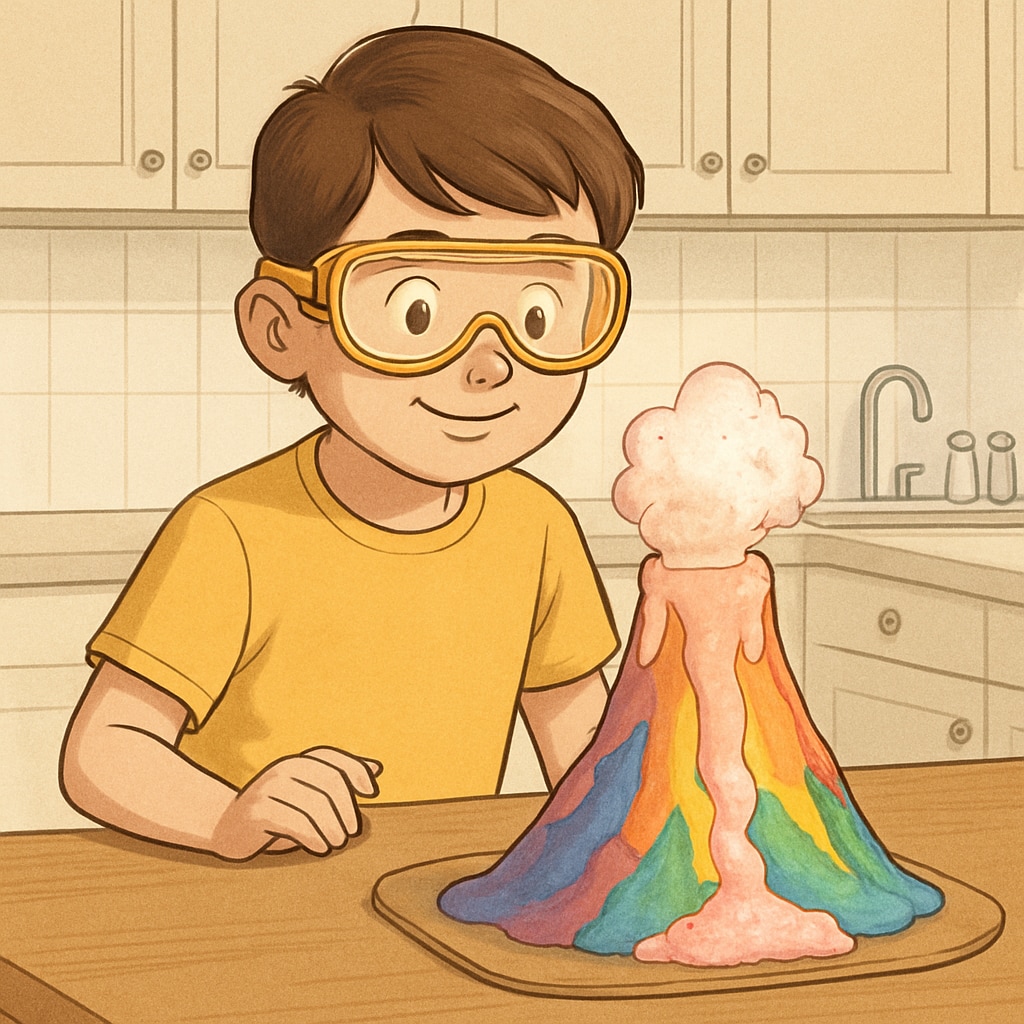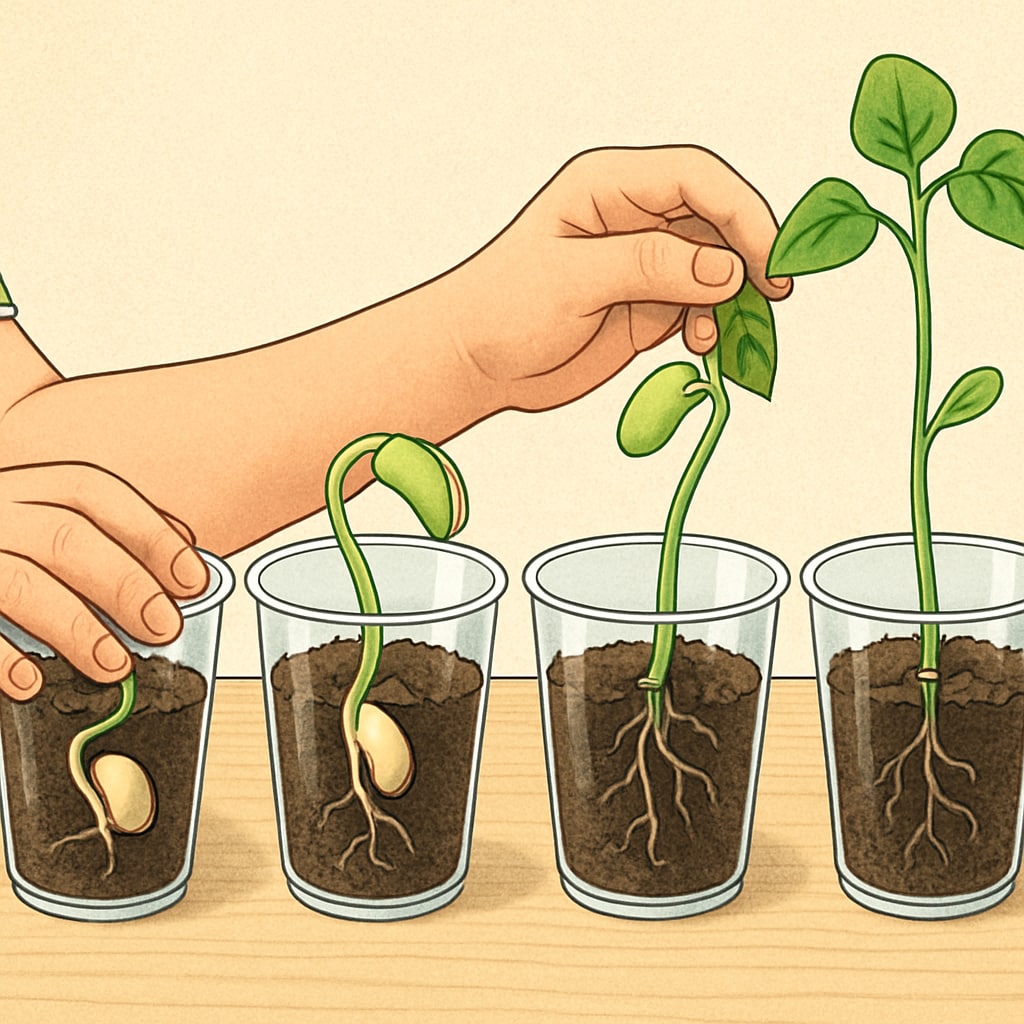Science experiments, family experiments, and fun science activities don’t require a fancy lab – your kitchen has everything needed to spark scientific curiosity! These 10 safe, engaging experiments use common household items to demonstrate fundamental principles while keeping children entertained. According to Science Buddies, hands-on learning improves retention by 75% compared to passive observation.
Kitchen Chemistry Adventures
Transform your kitchen into a mini-laboratory with these simple chemical reactions:
- Baking Soda Volcano: Mix vinegar (acid) with baking soda (base) in a playdough mountain for an effervescent eruption that demonstrates acid-base reactions.
- Dancing Raisins: Drop raisins into carbonated water to observe buoyancy and gas bubble formation.
- Magic Milk: Add food coloring to milk, then touch with soap-dipped cotton swabs to reveal surface tension disruption.

Physics Fun with Household Items
The American Physical Society confirms children learn best through interactive experiments. Try these physics demonstrations:
- Egg Drop Challenge: Use straws, cotton balls, and tape to create protective casings that teach impact absorption and engineering design.
- Paper Bridge Competition: Fold and stack paper to create weight-bearing structures, introducing structural engineering concepts.
- Balloon Rockets: String a balloon along a fishing line to demonstrate action-reaction principles and Newton’s Third Law.
Biology Explorations at Home
Teach life science with these accessible activities:
- Seed Germination Station: Compare growth rates of beans planted in different conditions (light/dark, wet/dry) to learn about plant needs.
- Edible Cell Model: Use gelatin and candy to build a 3D animal cell, labeling organelles with toothpick flags.

For more advanced projects, Scientific American offers additional age-appropriate experiment ideas. Remember to always supervise children during science activities and discuss safety rules before beginning.
Pro Tip: Keep a “science journal” to record hypotheses, observations, and conclusions – this develops critical thinking skills while making the learning experience more memorable!


